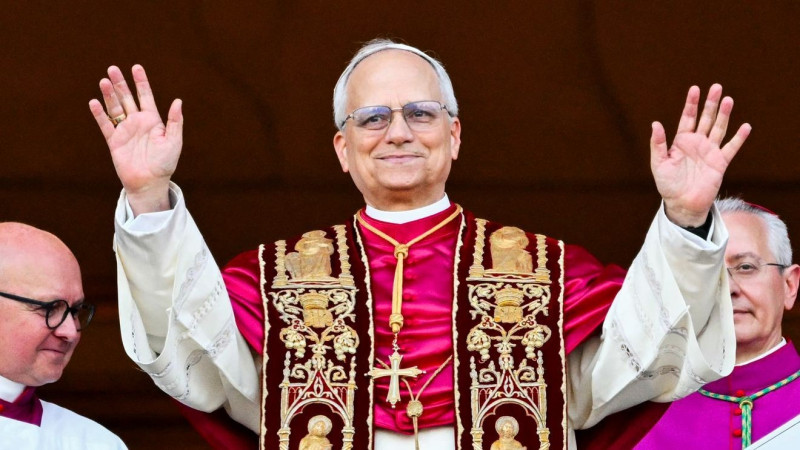In a rare foray into American politics, Pope Leo XIV has voiced support for Sen. Dick Durbin amid uproar over a planned Catholic honor for the Illinois Democrat. The pontiff, himself a native of the Midwest, urged the faithful to consider a politician's full record rather than fixating on one divisive issue. This comes as Durbin, a longtime advocate for immigration reform, was slated to receive a lifetime achievement award from the Chicago Archdiocese—until backlash forced him to bow out.
The controversy erupted when conservative bishops and groups decried the award, pointing to Durbin's consistent backing of abortion rights as incompatible with church teachings. Cardinal Blase Cupich's decision to proceed drew sharp rebukes, including from senior U.S. Conference of Catholic Bishops leaders who were gearing up for a public statement. Durbin, serving in Congress for over four decades, ultimately declined the November ceremony, citing the need to avoid further division. Yet Pope Leo's intervention Tuesday evening, during an off-the-cuff exchange with reporters near Rome, cut through the noise. "It's important to look at the overall work that a senator has done," he said, emphasizing Durbin's 40 years of service on immigration and other fronts.
Indeed, the pope didn't stop there. He tied the debate to broader moral concerns, questioning what it truly means to be pro-life. Support for the death penalty or harsh immigration policies, he implied, undercuts claims of a comprehensive ethic of life. This comes against a backdrop of escalating tensions under the Trump administration, where the pope labeled recent military rhetoric as "worrying" and decried the "inhuman" treatment of migrants at the border. Trump's gathering with generals in Virginia, complete with talk of using U.S. cities as training grounds, only amplified those concerns.
However, the timing feels pointed. With Durbin "overwhelmed" by the papal nod, as he put it, the episode underscores the tricky dance between faith and partisanship in U.S. church circles. Moreover, it highlights how Leo, the first American pope, is closely attuned to domestic debates—perhaps too closely for some. But as these lines blur, one wonders if such engagements foster unity or merely deepen the rifts.


